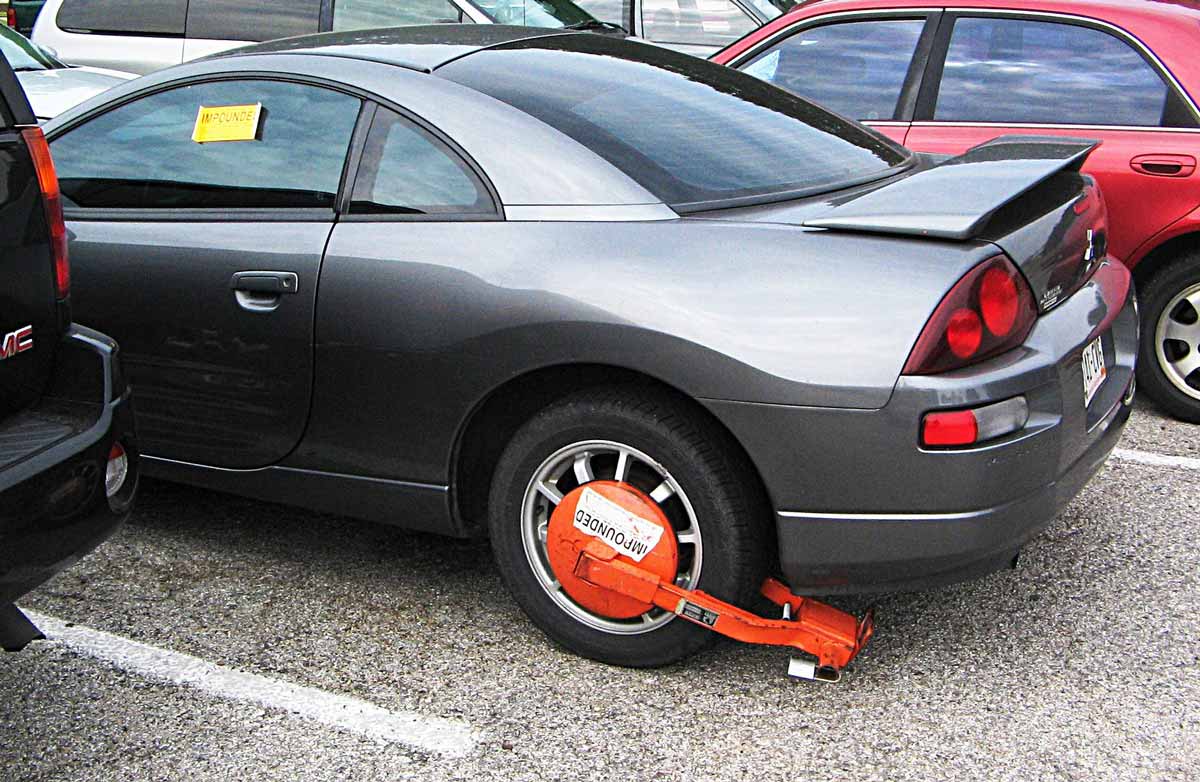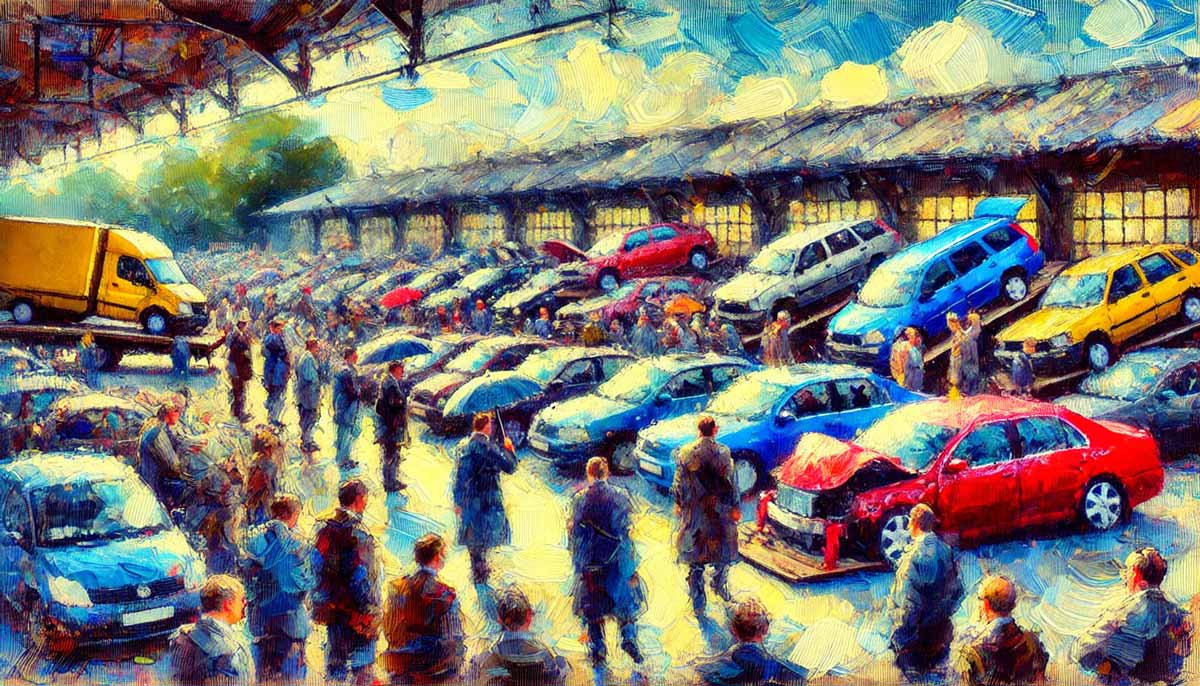 https://auction.ridesafely.com/images/2025/11/access-auto-auctions-without-dealer-license-banner.jpg
865
1440
RideSafely
/images/2025/01/ridesafely-logo.svg
RideSafely2025-11-20 17:37:412025-11-20 18:41:02How to Access Auto Auctions Without a Dealer License
https://auction.ridesafely.com/images/2025/11/access-auto-auctions-without-dealer-license-banner.jpg
865
1440
RideSafely
/images/2025/01/ridesafely-logo.svg
RideSafely2025-11-20 17:37:412025-11-20 18:41:02How to Access Auto Auctions Without a Dealer LicenseIntroduction to Impounded Car Auctions
Impounded cars offer a unique opportunity for buyers to purchase vehicles at significantly reduced prices. These cars are typically impounded due to various reasons including legal seizures, unpaid parking tickets, or abandonment. Understanding how to navigate impounded car auctions can provide you with access to a diverse range of vehicles, from almost-new models to classic cars, all at potentially lower costs than traditional dealerships.
What Are Impounded Cars?
Impounded cars are vehicles that have been legally seized by government agencies or private towing companies. The reasons for impoundment can vary from legal issues and regulatory non-compliance to abandonment by the owner. Once these cars are impounded, they are held for a period during which the owner can reclaim them after settling any dues. If the cars are not reclaimed, they are typically put up for auction.
How to Locate Impounded Car Auctions
Online Auction Platforms
Many impounded vehicles are sold through online auctions, which are accessible from anywhere. These platforms offer detailed listings of available vehicles, including photos, condition reports, and other pertinent details. Registering on these platforms usually requires some form of identification and possibly a deposit.
RideSafely stands out as a premier online car auction platform for impounded vehicles. It provides extensive listings that include detailed photos, condition reports, and other crucial information, complemented by exceptional customer support. Registration with RideSafely is completely free and grants you access to a broad spectrum of auctions, including IAA and Copart, among others. Potential buyers are required to provide identification and a security deposit to bid, ensuring a secure and comprehensive user experience.
Local Government and Police Auctions
Local governments and police departments frequently hold public auctions for impounded vehicles. These are often advertised in local newspapers or on their official websites. Attending these auctions can be advantageous as it allows direct inspection of the vehicles.
Financial Institutions
Banks and loan companies occasionally hold auctions for repossessed vehicles, which can include cars that have been impounded for non-payment of loans. These auctions are typically advertised through their official channels.
Key Considerations When Buying Impounded Cars
Vehicle History
Understanding the vehicle’s history is crucial. Request a full history report to check for any accidents, liens, or significant repairs. This information can be obtained through VIN checks and other vehicle history services.
Inspection Opportunities
Whenever possible, inspect the vehicle either personally or through a qualified mechanic. Many auction sites offer specific days where potential buyers can view the vehicles before bidding.
Legal and Administrative Requirements
Be aware of the legal paperwork and administrative tasks involved in purchasing an impounded vehicle. This includes transferring titles, registration processes, and possible outstanding liens on the vehicle.
Pricing and Budgeting
Set a budget considering not only the bid price but also potential repairs, insurance, and registration costs. Impounded cars can often require more investment post-purchase to get them road-ready.
Benefits of Buying Impounded Cars
Cost Efficiency
The primary benefit is the potential for lower cost. Vehicles in impound may be auctioned for significantly less than market value, providing great deals.
Variety of Choices
Impounded car auctions offer a wide range of vehicles, from everyday sedans and SUVs to rare and vintage cars, providing options for all types of buyers. For those specifically interested in uncovering unique finds in the New England area, our previous exploration on Uncovering the Value in Abandoned Cars in Massachusetts highlights opportunities to discover hidden gems unique to the region.
Quick Purchases
The process of purchasing impounded cars can be quicker than traditional car buying, involving straightforward auctions and immediate sale results.
Potential Drawbacks
Unknown Vehicle Condition
Often, the condition of impounded cars can be a gamble. Limited information and inability to perform a thorough check can pose risks.
Legal Risks
There can be complications related to the legality of the vehicle’s status, including unresolved liens or disputes over ownership.
Conclusion
Navigating the world of impounded car auctions requires diligence, research, and sometimes a bit of risk tolerance. However, the rewards can be substantial, offering access to a wide array of vehicles at competitive prices. By understanding the process and preparing adequately, you can turn these opportunities into valuable investments.
Step-by-Step Guide to Navigating Impounded Car Auctions: From Locating Auctions to Making Purchase Decisions
| Start –> | Locate[Locate Auctions] |
|---|---|
| Locate –> | Online [Explore Online Auction Platforms] |
| Locate –> | Local [Check Local Government & Police Auctions] |
| Locate –> | Financial [Search Financial Institution Sales] |
| Online –> | Register [Register & Bid] |
| Local –> | Attend [Visit Auction Site for Inspection Days] |
| Financial –> | Bid [Bid on Vehicles] |
| Register –> | Check [Check Vehicle History] |
| Attend –> | Check |
| Bid –> | Check |
| Check –> | Decide [Make Purchase Decision] |
| Decide –> | End |
By following this detailed guide, prospective buyers can confidently participate in impounded car auctions, equipped with the knowledge needed to make informed and beneficial purchasing decisions.
FAQs: Your Guide to Buying Impounded Cars
What is an impounded car?
An impounded car is a vehicle that has been seized by government agencies or private towing companies due to various reasons such as legal issues, unpaid fines, or abandonment. These vehicles are held until claimed by the owner, and if unclaimed, are sold at auction.
Where can I find impounded car auctions?
Impounded cars can be found at online auction platforms like RideSafely, local government and police auctions, and through financial institutions hosting repossessed vehicle auctions. Each source provides a unique opportunity to view and bid on a variety of impounded vehicles.
How do I register to bid on impounded cars?
Registration processes vary depending on the auction platform. Typically, you will need to provide identification and may be required to place a deposit. Online platforms like RideSafely offer free registration and access to multiple auction listings, including IAA and Copart.
Can I inspect the vehicles before bidding?
While most auction locations require you to be a registered dealer to conduct inspections, some yards do offer inspection services to the general public. It is advisable to check the specific policies of the auction site to determine whether you can personally inspect the vehicles or if professional inspection services are available.
What should I check when buying an impounded car?
It’s crucial to check the vehicle’s history for any previous accidents, liens, or major repairs. This can be done through VIN checks and other vehicle history report services. Understanding the vehicle’s past can help you make an informed decision.
Are there additional costs when buying an impounded car?
Yes, besides the purchase price, be prepared for potential additional costs such as repairs, insurance, registration, and any necessary modifications to get the vehicle road-ready. Setting a realistic budget for these expenses is essential.
What are the risks of buying an impounded car?
The primary risks include the unknown condition of the vehicle, as detailed histories and inspections may not be available for all cars. Additionally, there may be legal risks such as unresolved liens or disputes over the vehicle’s ownership.
Can I return an impounded car after purchase?
Typically, all sales in car auctions are final. It is advisable to conduct thorough checks and understand all the terms and conditions of the auction before bidding to avoid any dissatisfaction post-purchase.







Leave a Reply
Want to join the discussion?Feel free to contribute!